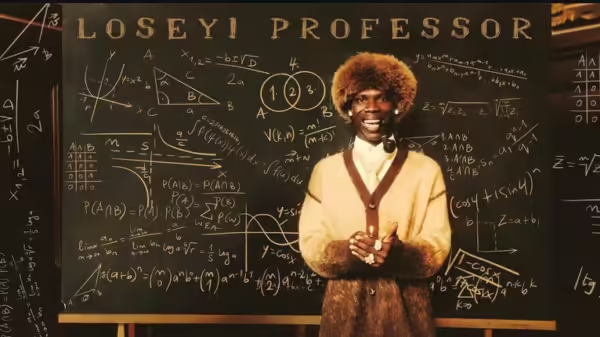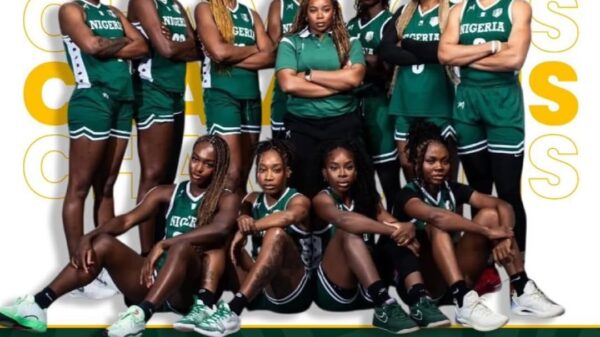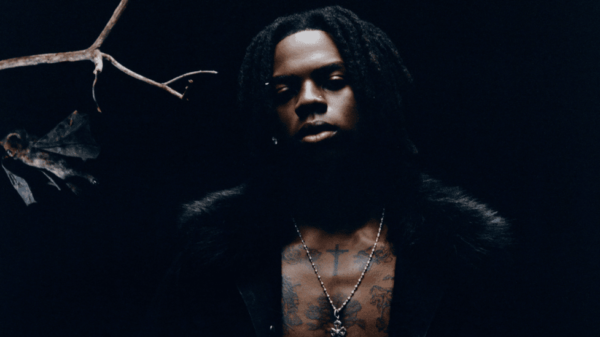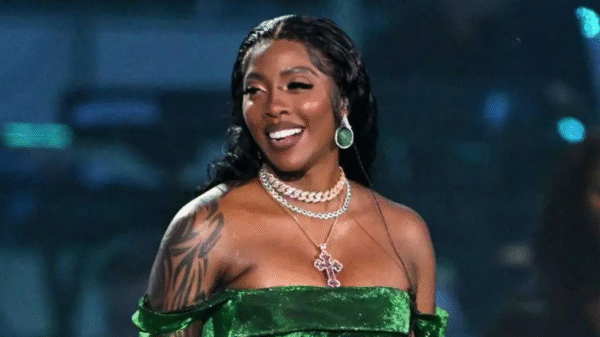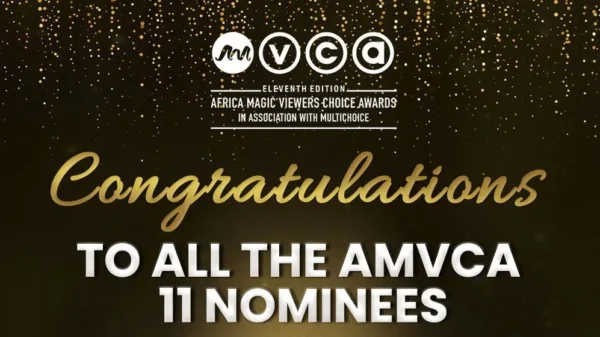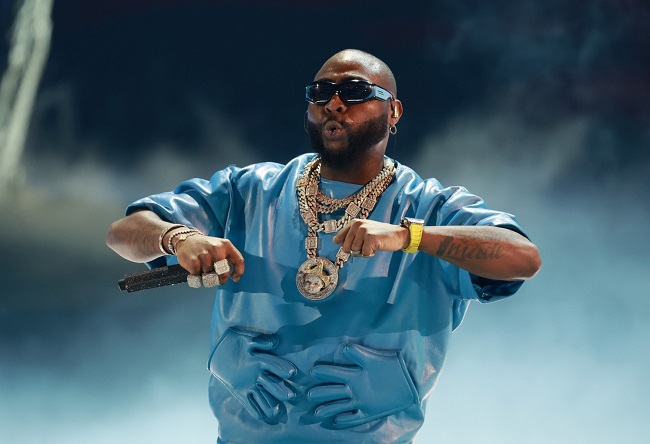In a recent revelation that has stirred the music industry, Napji, the producer behind Davido’s hit tracks “Fem,” “Jowo,” and “Sunlight” from the album “A Better Time” (released November 13, 2020), claimed he has not been paid royalties for his publishing work. Napji disclosed that he received an advance payment of 500,000 naira for each song and announced his plans to release more information as he seeks to collect his due royalties and publishing rights.
Davido responded to Napji’s post on Instagram with the comment “ur papa,” a derogatory remark implying disdain and dismissal.
This situation highlights a common issue within the music industry: many practitioners lack a fundamental understanding of copyright laws. Napji’s claim, which seems to be borne out of a misunderstanding of copyright dynamics, especially in relation to producers and songwriters, brings this issue to the forefront.
Upon reviewing the song credits on Spotify, it is evident that Napji was credited as the producer but not as a songwriter for any of the songs in question. This raises critical questions about the contractual agreements made at the time of the songs’ production. Did Napji sign a contract that included songwriter credits or a songwriting split sheet that might entitle him to royalties?
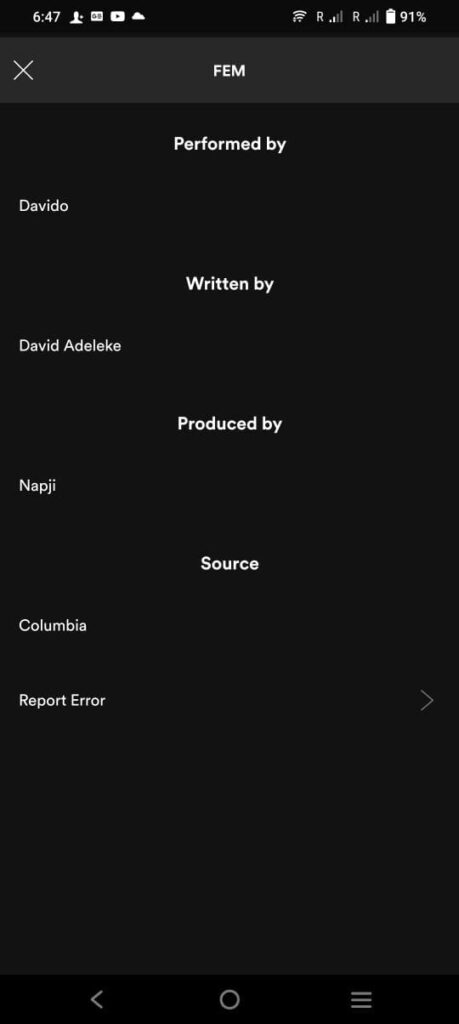
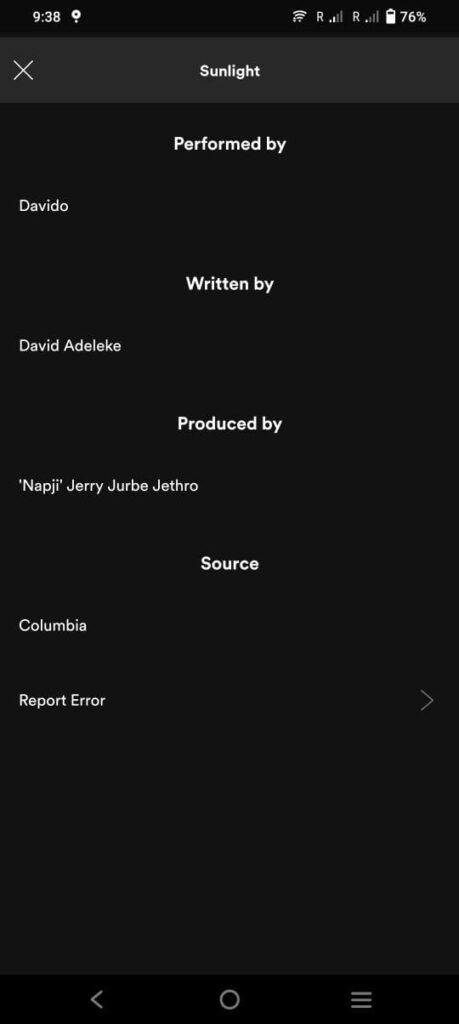
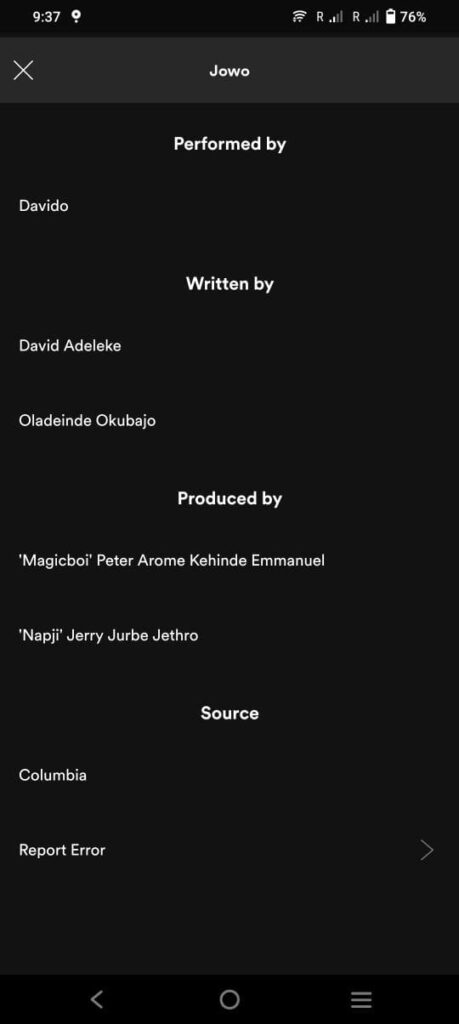
It’s important to clarify that songwriting royalties are typically collected by songwriters through publishers or publishing administrators, independent of the artists themselves. Services like thefidia.com assist songwriters in registering their works with copyright societies to collect mechanical and performance royalties.
The debate continues as to whether producers should receive songwriting credits. Some argue that if a producer’s beat significantly influences a song’s melody, they should be credited as co-composers and receive a percentage of the songwriting royalties. Others believe that if a producer’s contribution is limited to creating a beat that accompanies pre-existing lyrics and melodies, they should not be entitled to songwriting credits.
In the case of sound recording rights, Napji was compensated for his production work, which does not entitle him to claims on the master recordings.
The essential question for Napji now is whether any agreement or document he signed acknowledges him as a songwriter. If such documentation exists, he could potentially seek assistance from publishing administrators to claim his share of songwriting royalties



